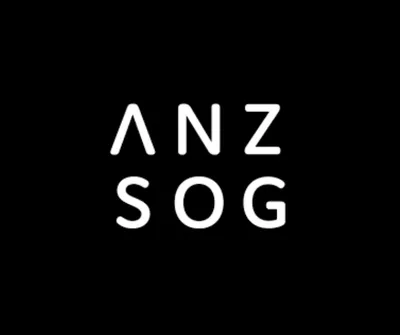What are your leadership priorities in your new role as Dean & CEO of ANZSOG?
I started in the role in February this year and am focused on ensuring that ANZSOG continues to support public sector capability development in specific areas of need across both Australia and Aotearoa New Zealand, as well as in the Indo-Pacific region.
The School is responding to a broad consensus in public services across jurisdictions that they need to rebuild in-house capacity. In addition, prepare leaders for new and, in some cases, unprecedented challenges through evidence-based insights with new tools for translating insight into action.
First Nations:
I am particularly committed to building on ANZSOG’s increased focus on First Nations-related capability challenges. We are again running our Working with First Nations executive leadership program, which started last year and gave 180 public servants an introduction to First Nations culture and enhanced ways of working in partnership with First Nations communities.
We are also launching a micro-credential with Charles Darwin University on Policy in an Indigenous Australian Cultural Context, providing a deeper understanding of First Nations culture and how history has shaped relationships between government and First Nations.
And following the success of our First Peoples to All Peoples conference last year which brought together 900 people in Brisbane, we are in early planning for a repeat of the event in 2025.






